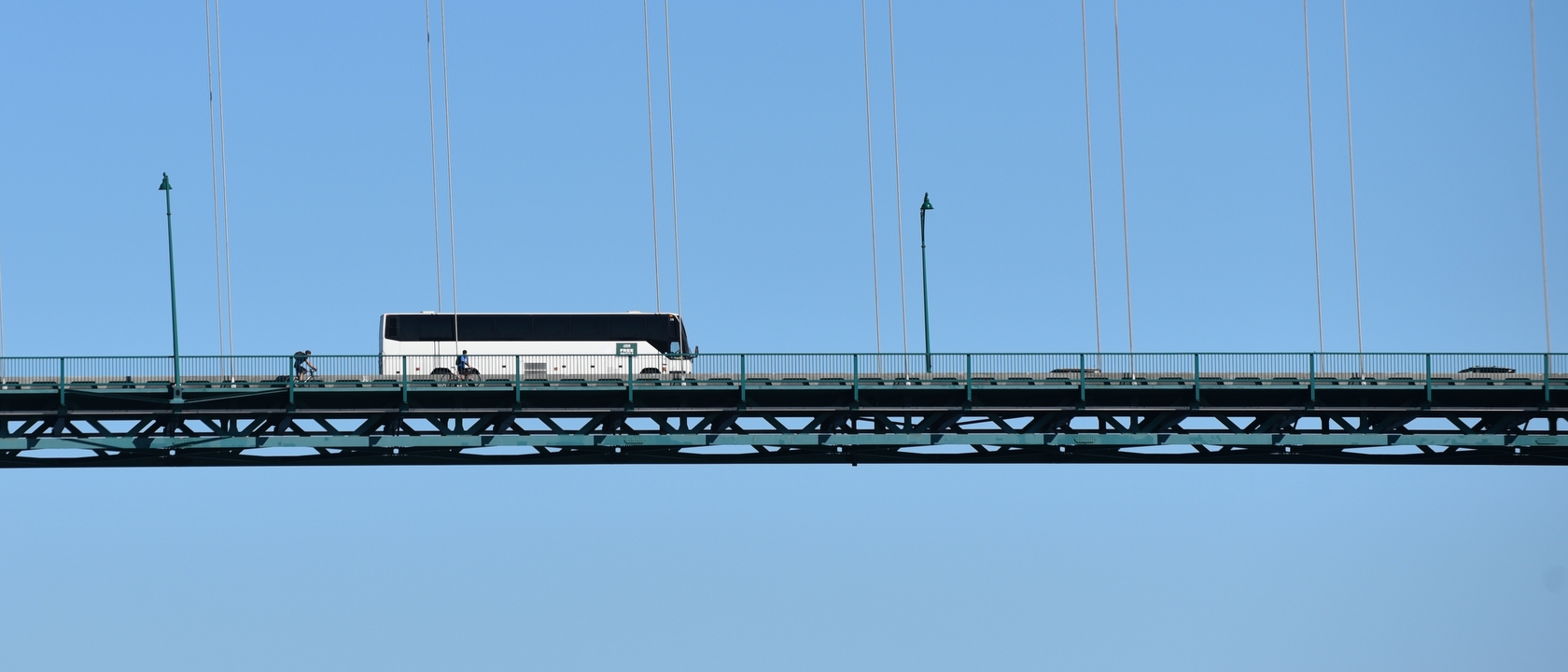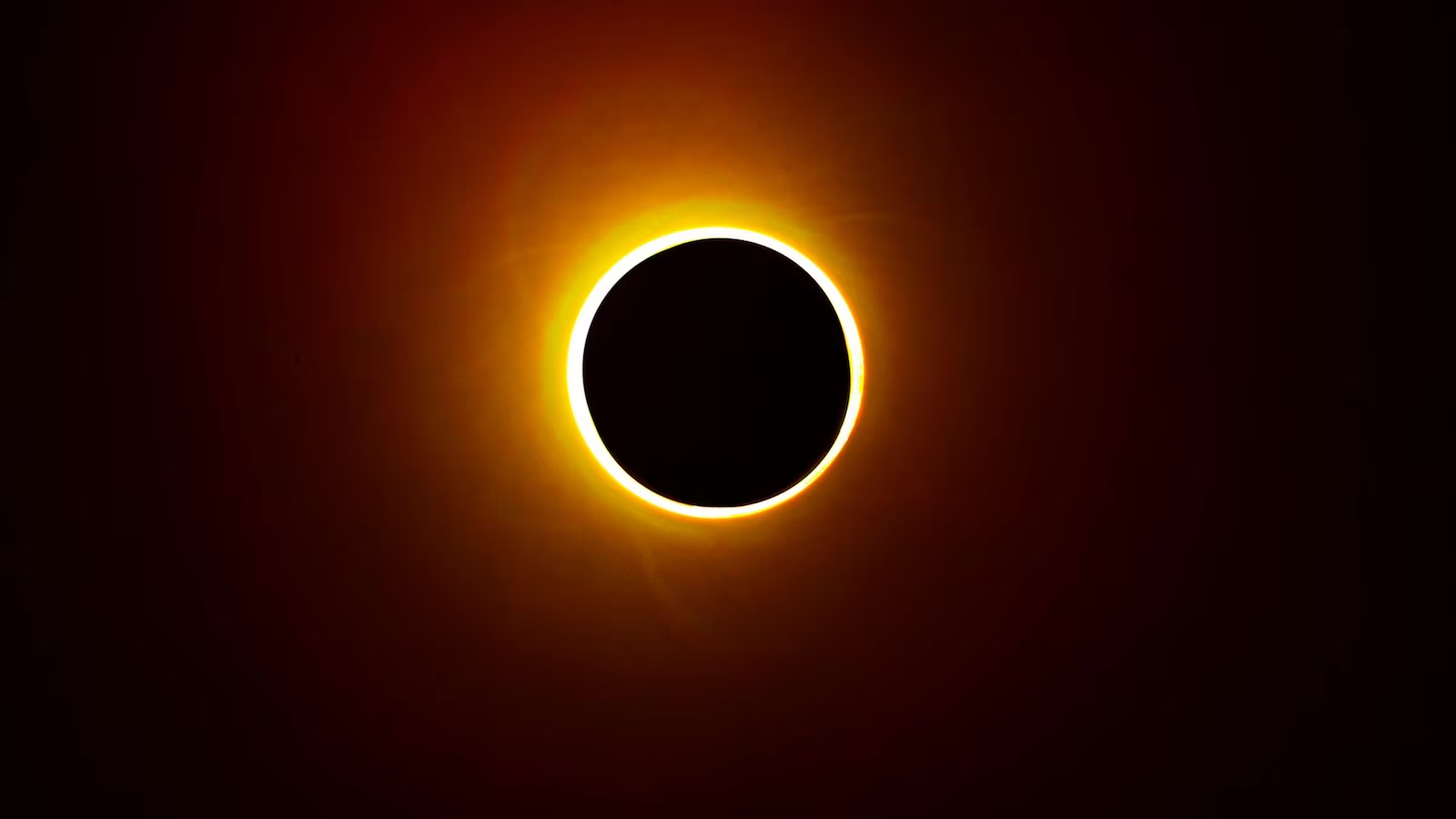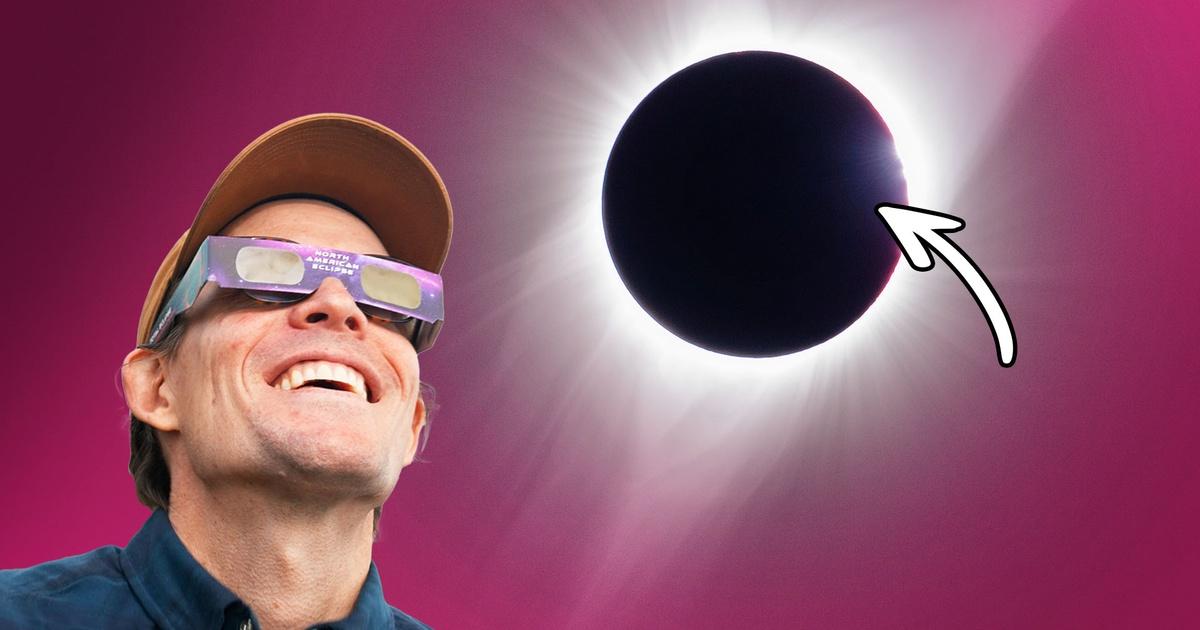SLOW TRAVEL

Both ships positioned off the coast of Mexico will be among the first locations to first see totality
As you may have heard, on Monday, April 8, 2024, a total solar eclipse will cross North America, beginning over the Pacific Ocean and heading northeast from Mexico, across a wide swath of the United States, and into Canada. The first location to experience totality is off Mexico’s Pacific Coast, around 11 AM PST.

Holland America Line will have two ships, Koningsdam and Zaandam, positioned off the coast of Mexico for an ideal viewing of the total eclipse. Thanks to this positioning, guests will be some of the first to see totality, weather permitting.
A livestream of the event aboard Koningsdam will begin at approximately 10:20 AM PST at the following link: https://fb.me/e/1ZJA7i7t9
We invite you to air this livestream link for your audience to join the guests onboard our ships as some of the first to experience this exciting celestial event.
WHEN: Monday, April 8, 2024 @ 10:20 AM PST
WHO: Zaandam Captain Ane Smit and Dr. Adam Burgasser, a professor of Astronomy and Astrophysics, observational astrophysicist, and science lecturer will be aboard Koningsdam’s eclipse cruise and available for comment to discuss what makes this eclipse so special, and why viewing the eclipse aboard a cruise ship is a truly unique experience. The following quotes are available for attribution:
Captain Ane Smit: “Our guests will be some of the first to see the eclipse in totality and everyone aboard Zaandam will be working to make that experience extremely special for them—including everyone on the bridge. Our plan is to put ourselves in the path of the eclipse before it starts and be right on the center path when it’s at full totality. We’ll most likely be maintaining a low speed, keeping the sun straight ahead or astern to ensure the best view.”
Dr. Adam Burgasser: “This first total solar eclipse in North America in seven years is something people around the world — including astronomers — are excited to observe, and there’s no better place to see the eclipse than at sea. Not only will the Sun be blocked for over 4 minutes, turning day into night, the entire environment will change — the air will cool, plants and animals will react, and the world around us will take on a cosmic stillness. Moreover, at sea we’ll be able to view the eclipse from horizon to horizon, discerning the edge of the Sun’s shadow that will appear as a 360-degree twilight.”
And remember to get special eclipse glasses
